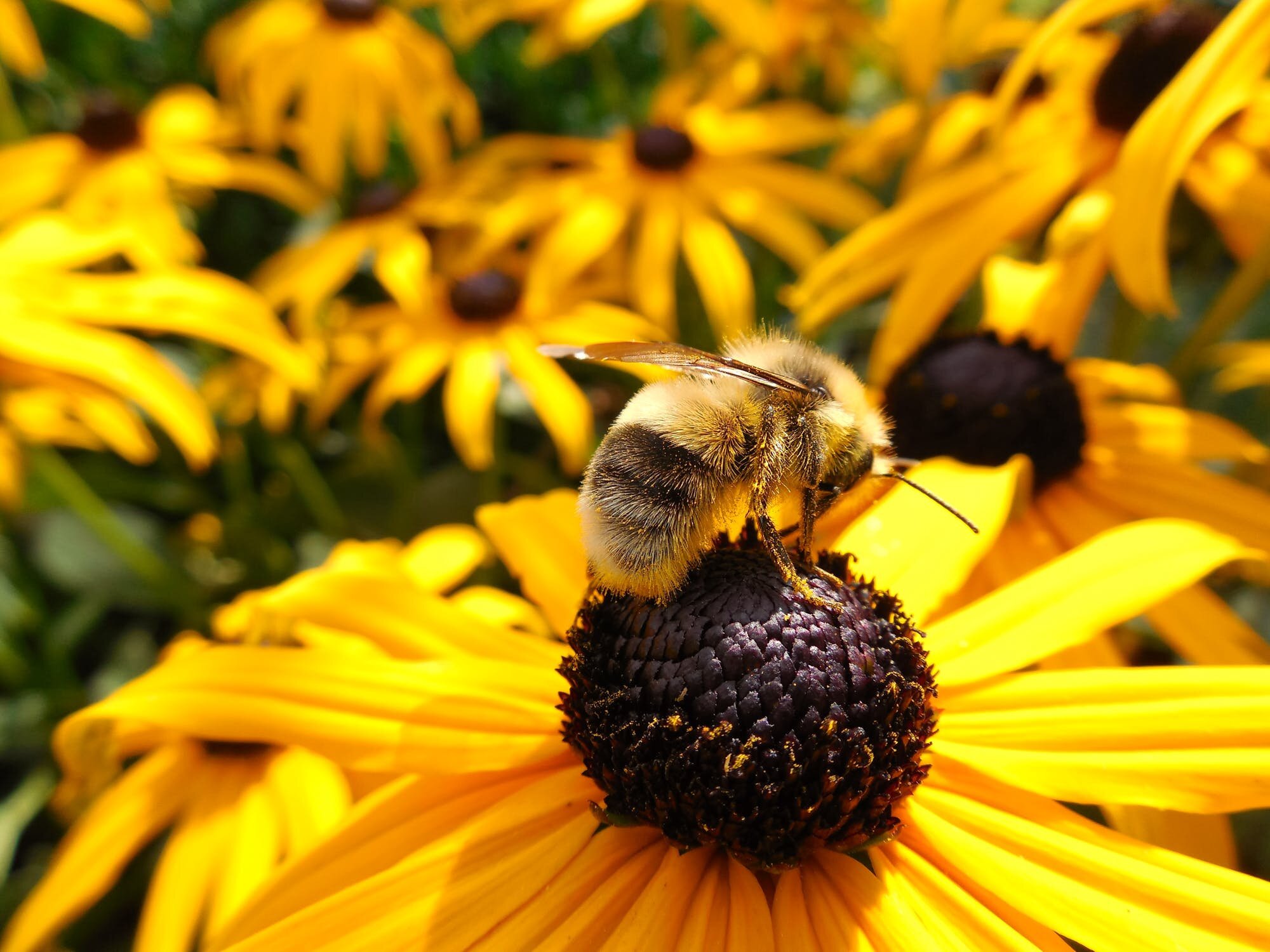Aldi, Tesco Seek to Reduce Single-Use Plastic; Aldi Announces Bee Protection Plan
Originally Appeared in Presence Marketing News, December 2019
By Steven Hoffman
In a bid to help protect bees and other pollinators, leading grocer Aldi recently announced a plan to minimize its use of pesticides in the U.S. Aldi’s new “Pollinator Policy” is encouraging its suppliers of fruits, vegetables, live plants and flowers to phase out the use of chlorpyrifos and neonicotinoid pesticides – among the most toxic to bees. In addition, the policy further encourages suppliers to limit the use of non-essential pesticides and to use integrated pest management strategies that support the use of less toxic alternatives.
Aldi further stated that it supports and encourages the growth of the organic industry, which it said in turn supports pollinator health. The announcement follows a multi-year campaign led by Friends of the Earth and others. A recent peer-reviewed study co-authored by Friends of the Earth shows that U.S. agriculture has become 48 times more toxic to bees and other insects since the introduction of neonicotinoid insecticides 25 years ago.
In related news, leading U.K. grocery chain Tesco in November announced plans to remove 1 billion pieces of plastic from its own privately branded products in its U.K. stores by 2021. The grocer said that it will remove plastic trays used for ready meals, replaced small plastic bags used for produce and baked goods with paper bags, stop including straws and sporks from drink and snack cartons, and remove secondary lids on items such as yogurt and cereals. In addition, Tesco said it will remove 200 million pieces of plastic currently used for greeting cards and clothing. The retailer says it has adopted a strategy of “remove, reduce, reuse, recycle.” In practice, Tesco says this means it will “remove non-recyclable and excess packaging from its business,” CNBC reported.
Aldi, in turn, announced earlier this year that it plans to convert 100% of its packaging to reusable, recyclable or compostable materials by 2025. The grocer also pledged to reduce packaging for Aldi-exclusive products by at least 15% by 2020, reported Grocery Dive. In November, Aldi introduced a pilot program in more than 250 of its U.K. stores to make available reusable bags for fruits and vegetables. “We are committed to cutting the amount of plastic that Aldi and our customers use, particularly excess or single-use plastic like produce bags," Aldi’s managing director of corporate responsibility Fritz Walleczek told Fresh Fruit Portal.
Earlier this year, Greenpeace ranked U.S. grocers on their efforts to reduce plastic waste. Aldi, Kroger, Albertson’s, Trader Joe’s, Sprouts Farmers Markets, Wegman’s, Whole Foods and others rated highly. However, reported Supermarket News, Greenpeace noted that U.S. supermarkets have a long way to go to effectively address plastic pollution, in particular single-use plastics.

